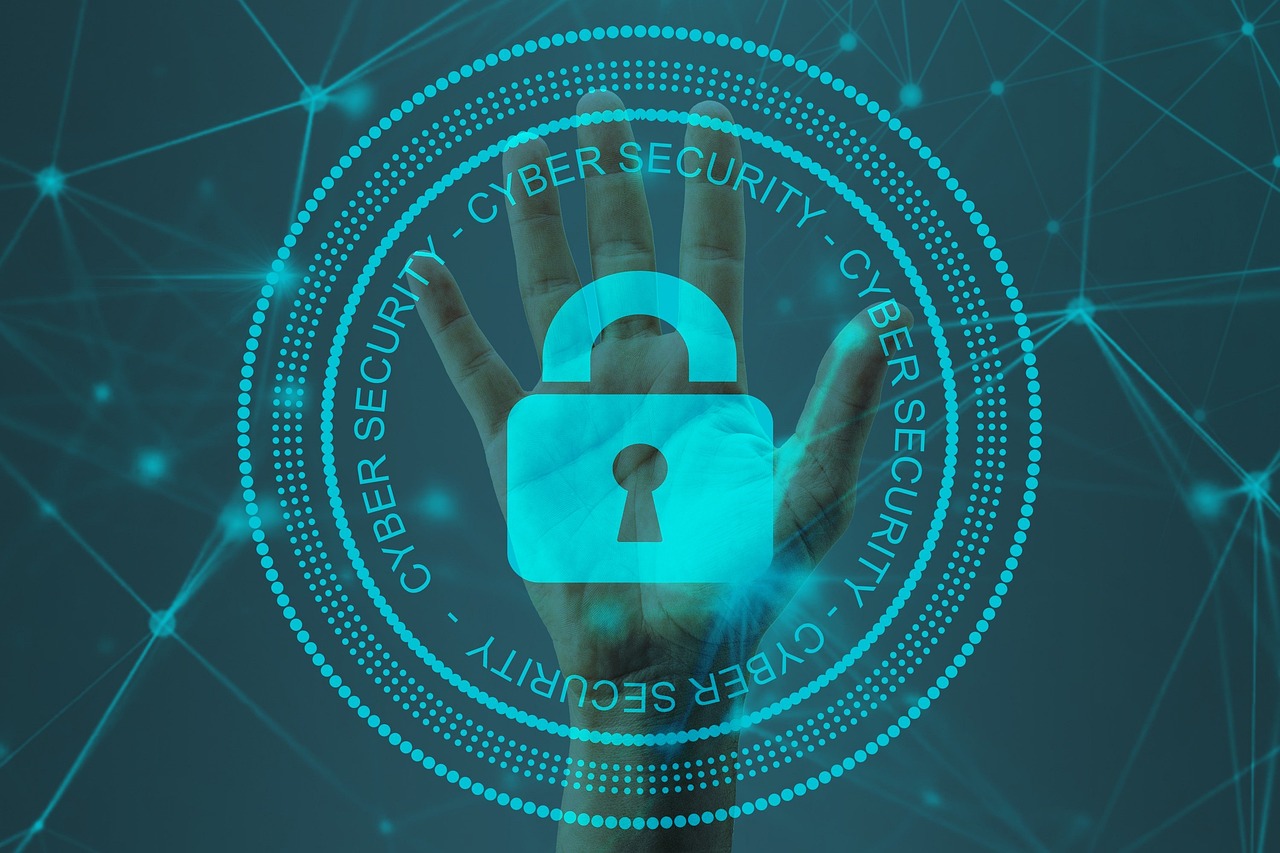Question: What should small business owners and managers know about cybersecurity?
Small businesses face many of the same cybersecurity threats as larger businesses, but they may not have the same resources to deal with them. It's important for small businesses to understand the risks and take steps to protect themselves. Here are some key things small businesses should know about protecting their systems:
Your business is at risk. Small businesses are often targeted by cybercriminals because they may have less secure systems and may be easier to compromise.
Protect your data. Make sure you have strong passwords and use two-factor authentication where possible. Regularly back up your data to prevent data loss in case of an attack.
Train your employees. Educate your employees about the importance of cybersecurity and how to identify and prevent potential threats.
Secure your network. Use a firewall to protect your network and secure your wireless network with a strong password.
Use security software. Use antivirus software and keep it up to date to protect against malware and other threats.
Be cautious when opening emails and clicking links. Don't open emails from unknown senders and be wary of links, even if they seem legitimate.
By following these basic steps, small businesses can significantly reduce the risk of a cybersecurity breach and protect their sensitive data.
What if they are not very computer-literate?
If your employees are not very computer literate, it's important to provide them with the necessary training and resources to help them understand the importance of cybersecurity and how to identify and prevent potential threats. This might include training sessions on topics such as how to create strong passwords, how to spot phishing scams, and how to safely browse the internet.
It's also a good idea to have clear policies and procedures in place to help guide employees in their use of technology and to protect your business from cyber threats. For example, you might have a policy that requires employees to use strong passwords and to change them regularly, or that prohibits the use of personal devices for work purposes without prior approval.
Finally, consider hiring a cybersecurity expert or consulting with a specialist firm to help you assess your business's vulnerabilities and implement measures to protect against potential threats.
How can a cybersecurity expert help me?
A cybersecurity expert can help you assess your business's vulnerabilities and implement measures to protect against potential threats. They can also provide you with guidance on best practices for keeping your systems and data secure.
Some specific ways a cybersecurity expert can help your business include:
- Conducting a security assessment: A cybersecurity expert can analyze your business's systems, networks, and data to identify vulnerabilities and recommend steps to address them.
- Implementing security measures: Based on the results of the security assessment, an expert can help you implement measures such as firewalls, antivirus software, and security protocols to protect your systems and data.
- Providing training and guidance: A cybersecurity expert can educate your employees on how to identify and prevent potential threats, such as phishing scams and malware, and provide guidance on best practices for using technology safely.
- Responding to breaches: If your business experiences a cybersecurity breach, a cybersecurity expert can help you assess the extent of the damage and recommend steps to contain the breach and prevent future incidents.
Overall, working with a cybersecurity expert can help you ensure that your business's systems and data are secure and that you have the knowledge and resources to protect against potential threats.



